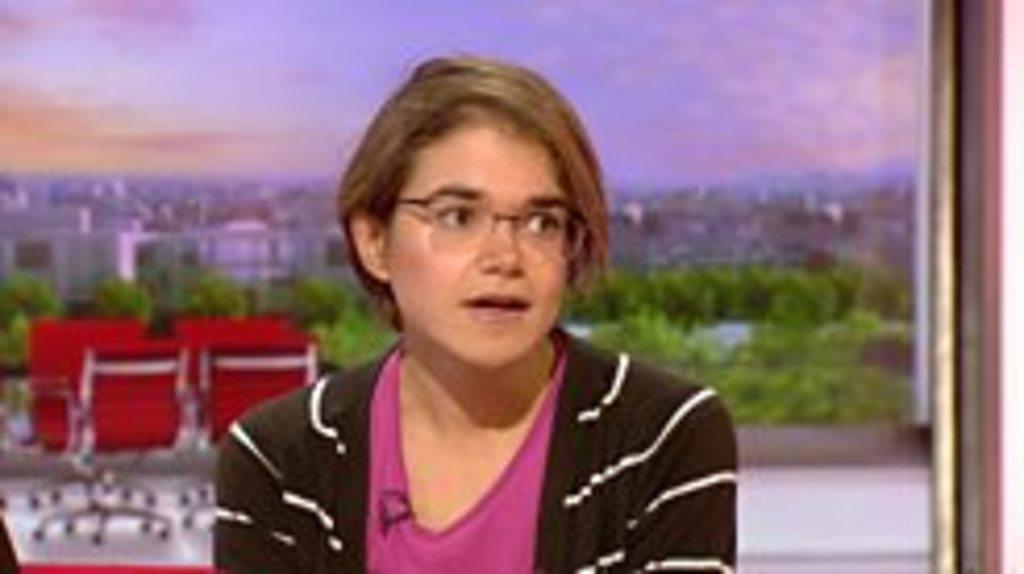Bristol woman with brain injury raising awareness of condition
- Published
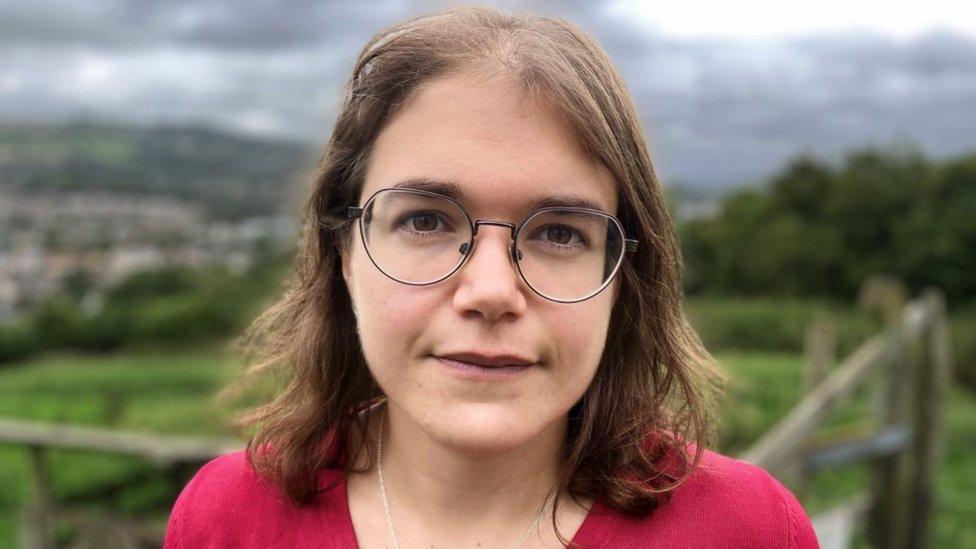
Ms Cauthery said it's a "challenge" to live with hidden disabilities
A woman who has suffered two serious brain injuries is working to raise awareness of hidden disabilities.
Imogen Cauthery suffers from epilepsy, memory problems and fatigue, as a result of two brain haemorrhages.
She volunteers at Headway Bristol, a charity which helps people with rehabilitation after brain injury.
Ms Cauthery said: "I can still achieve so much with my disabilities - I just need society to be more understanding."
Although she has a degree, Ms Cauthery has found employment "really difficult" in the past.
Her epilepsy means she is unable to drive and public transport can be unreliable.
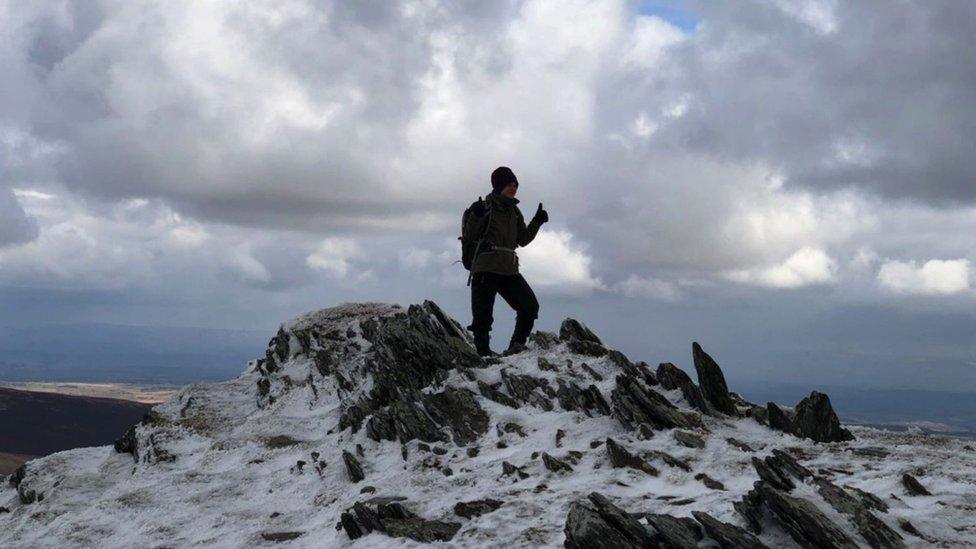
Ms Cauthery often travels solo and has climbed Mount Kilimanjaro
At previous job interviews, she has faced a series of questions "targeting" her about whether her conditions will affect her ability to complete the work.
"I go with my instincts when I've got lots of questions about my medical conditions," she said.
"I'm thinking am I going to want to work for this person? Does this person have empathy? Are they going to understand?"
Her dream job is to work with animals, and once a week she volunteers at Bath City Farm, alongside others who suffer from hidden disabilities.
"Animals listen to you, they don't judge you… animals are my healing therapy," she said.
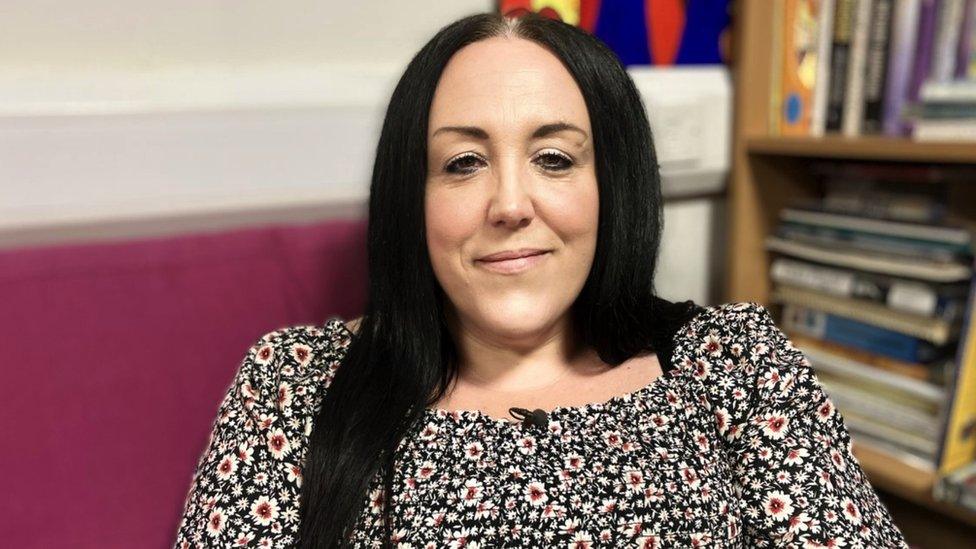
Ms Forbes said: "With it being such a vast area, there is so much to learn and understand"
Lindsey Forbes, the carers and support manager at Headway, said brain injuries were such a "vast area", which could be why some people lacked empathy and understanding.
The team at the charity help people get back to work after suffering from brain injuries.
They run workshops to educate others on brain injuries and to help employers understand what to expect from employees who suffer from them.
"Brain injuries are one of those things that you don't really need to know much about it, until it personally affects you," she said.
"And then when it does affect you, you need to know as much as you can."
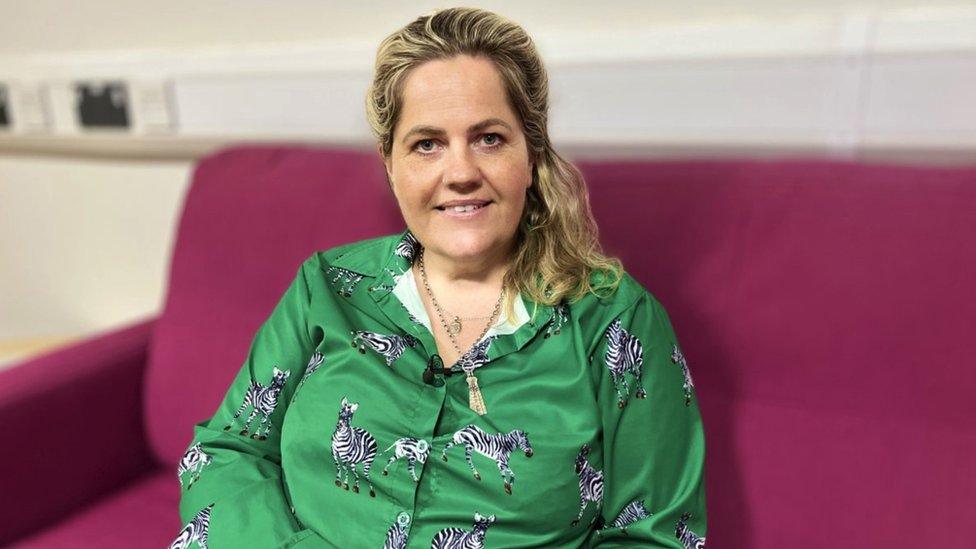
Mari Holcombe said education is key for improving people's understanding
The charity's chief executive, Mari Holcombe, said: "If you cannot see an illness, it's very difficult to understand it.
"The key thing for us is around education."

Follow BBC West on Facebook, external, Twitter, external and Instagram, external. Send your story ideas to: bristol@bbc.co.uk , external
Related topics
- Published25 June 2023
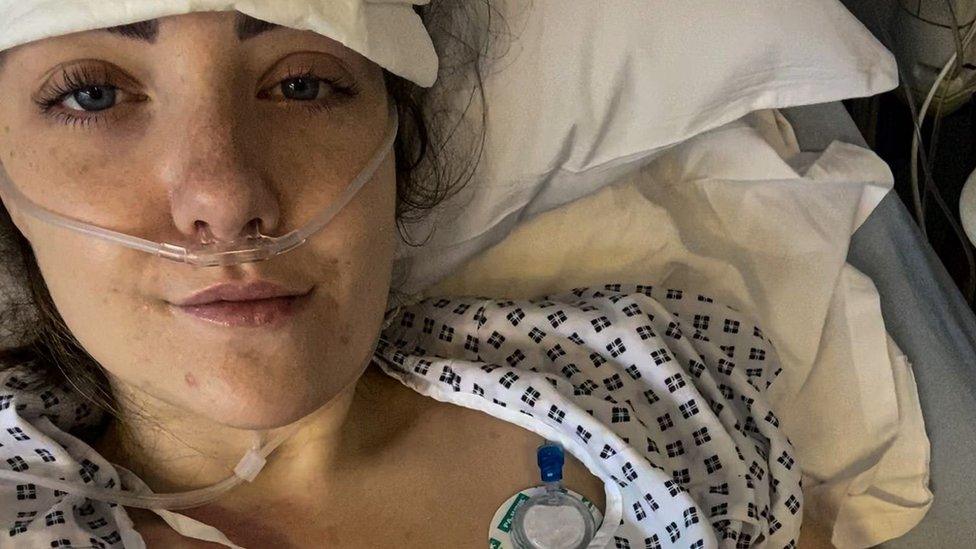
- Published28 June 2022
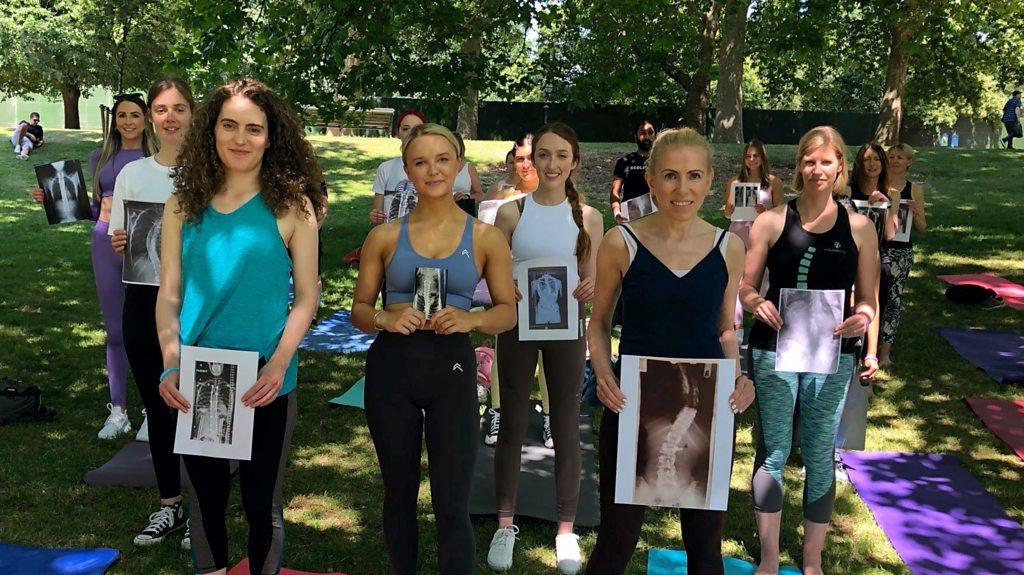
- Published18 June 2022
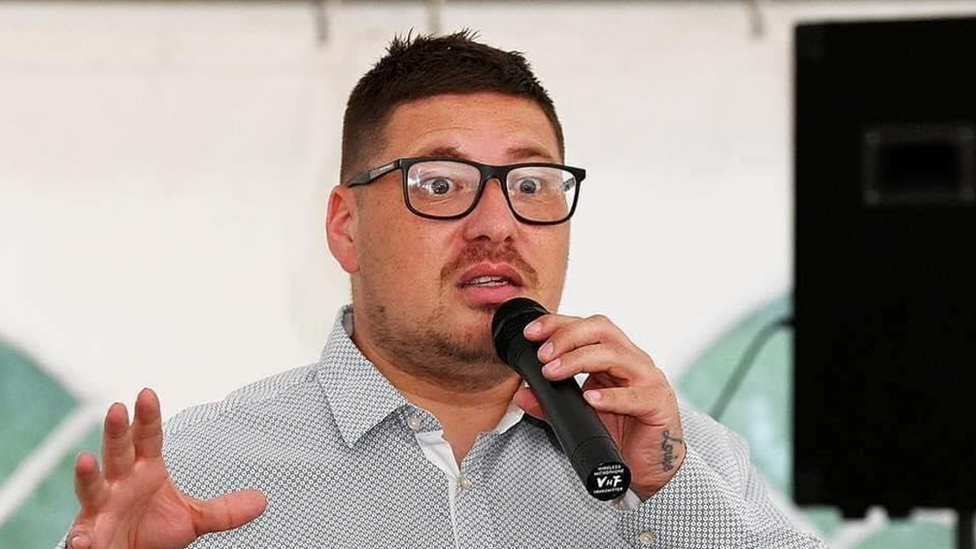
- Published15 August 2020
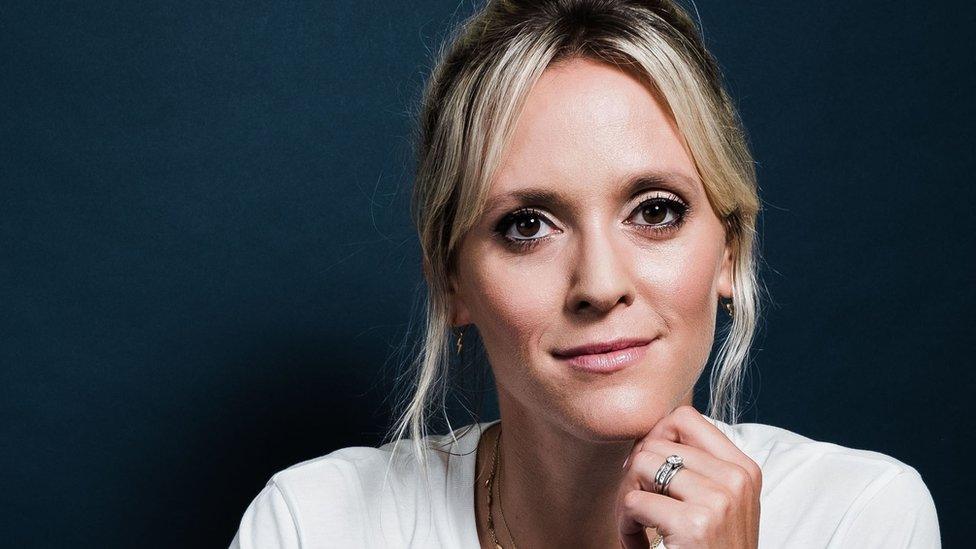
- Published21 September 2017
